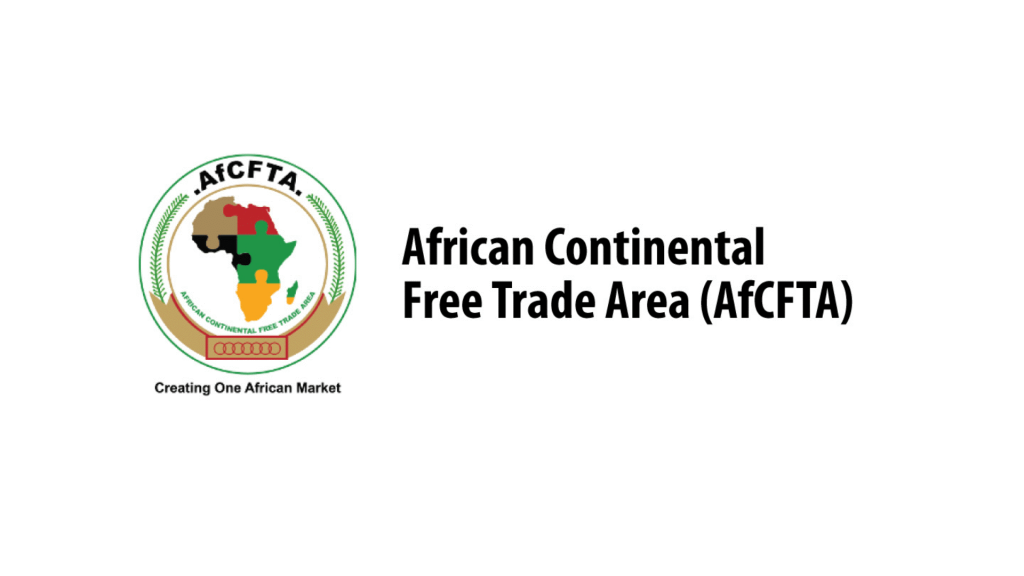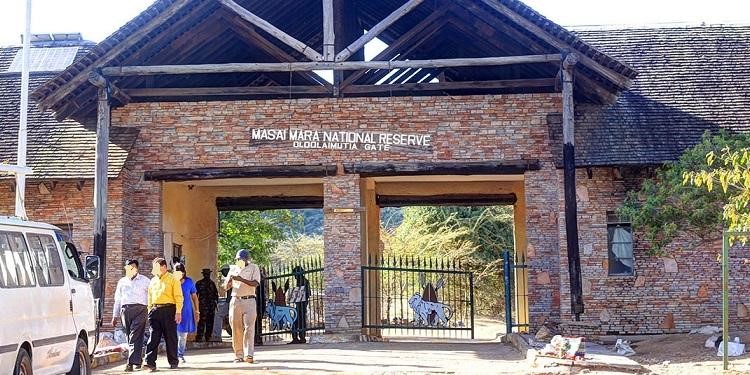The agricultural potential of Cameroon is enormous, and the country is already among the top producers of cocoa in the world (Ordway et al., 2017). Coffee is another important crop. Despite this, the great majority of agricultural producers are smallholders, and there are chances for large-scale commercial operators to boost agricultural yields via the use of contemporary techniques.
Because of its location at the crossroads of west and central Africa, Cameroon is well positioned to serve as a vital commerce center and has the potential to become a major supplier of food to the surrounding area. It is anticipated that the construction of a deep-sea port at Kribi would facilitate the movement of products into and out of the country. This will relieve the strain placed on the port of Douala, which is notorious for its lengthy delays. Ayuk believes that there is potential for Cameroon to become a more significant regional dealer of food and agricultural products (Ordway et al.,2017).
Cameroon is the sixth biggest oil producer in sub-Saharan Africa, and Ayuk pointed out that the nation lies on five sedimentary basins, which offers substantial prospects for exploration corporations. Cameroon also ranks sixth overall in terms of total oil reserves.
There is the possibility of constructing a downstream oil and gas base, as well as petrochemical factories producing urea, ammonia, methanol, fertilizer, and liquefied natural gas (LNG), and developing facilities for the production of power.




